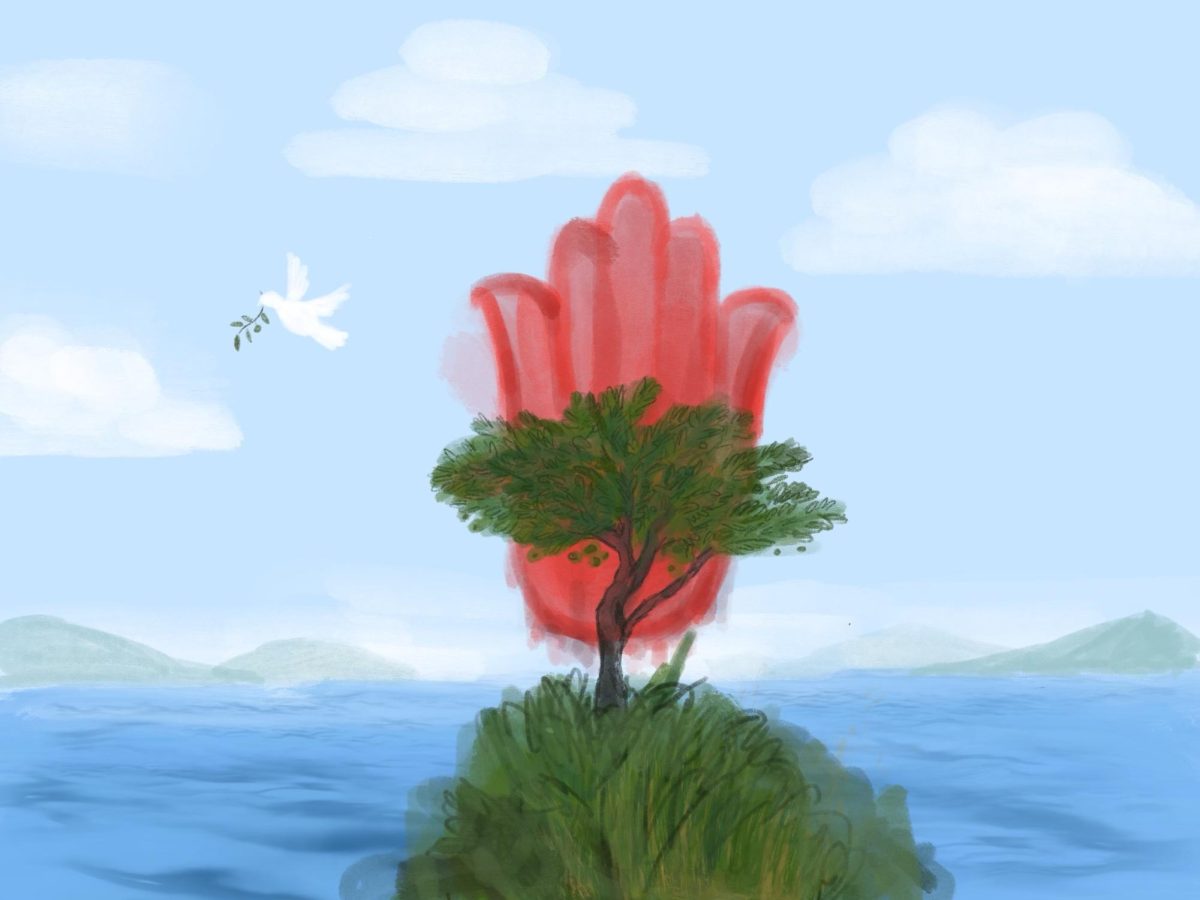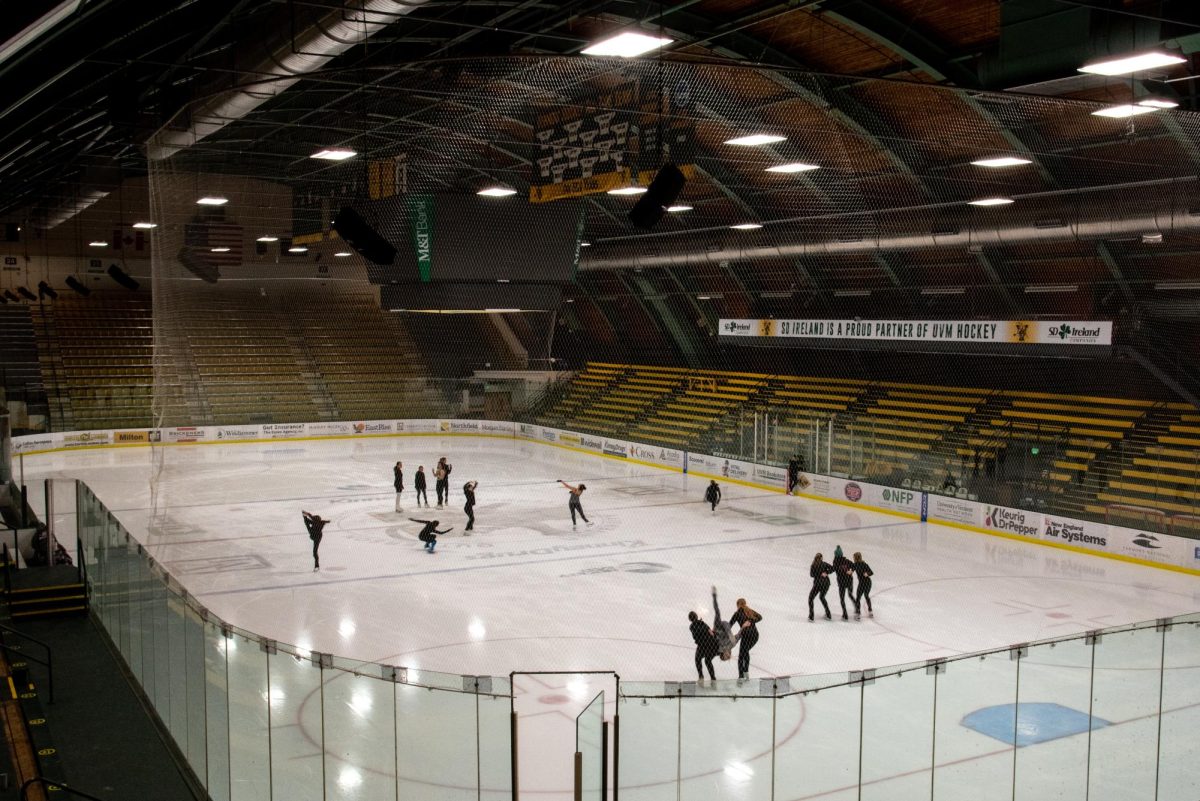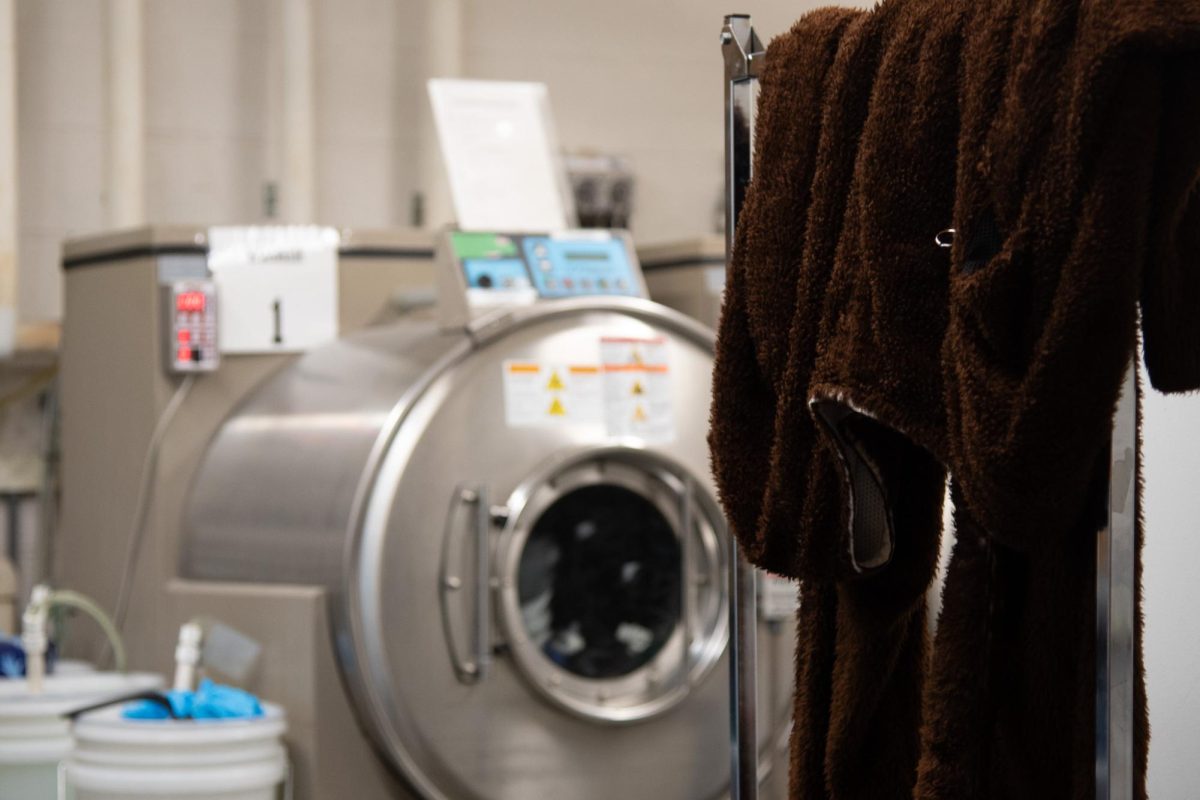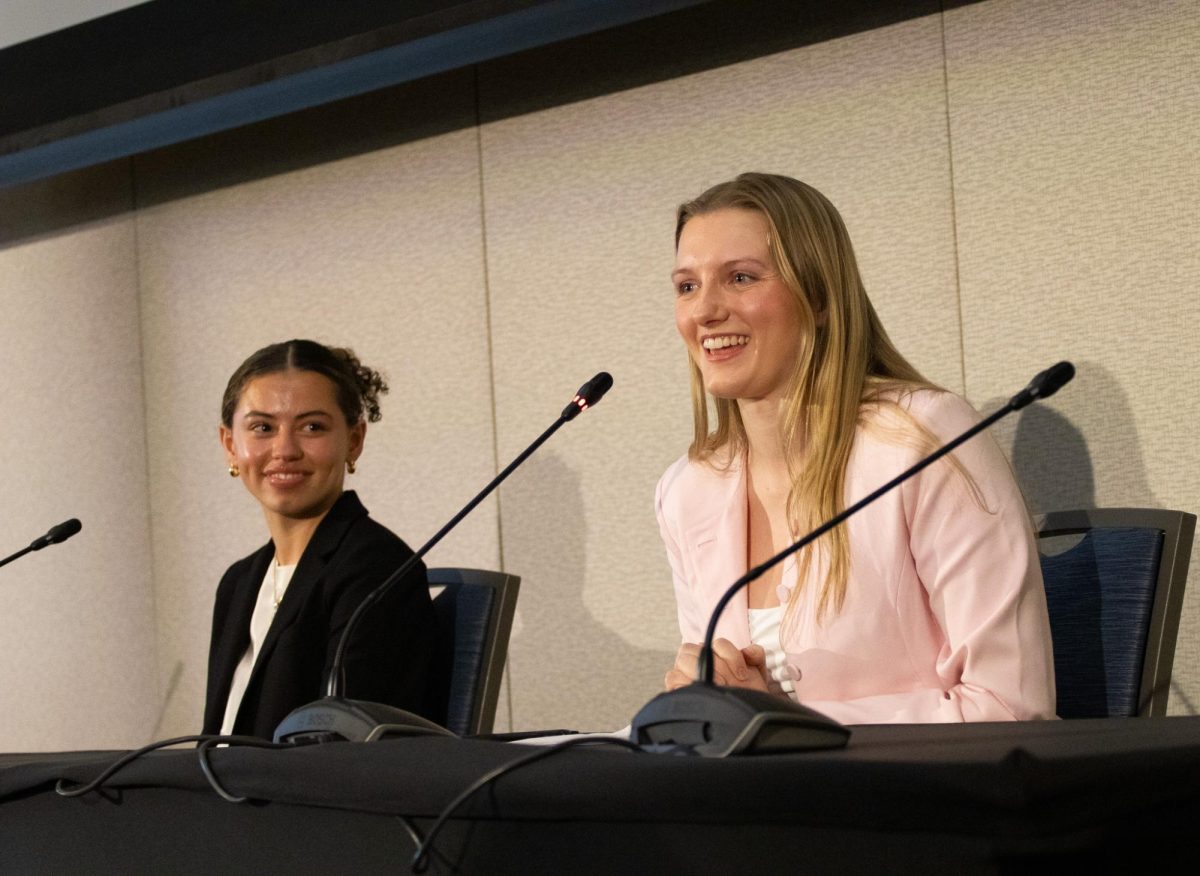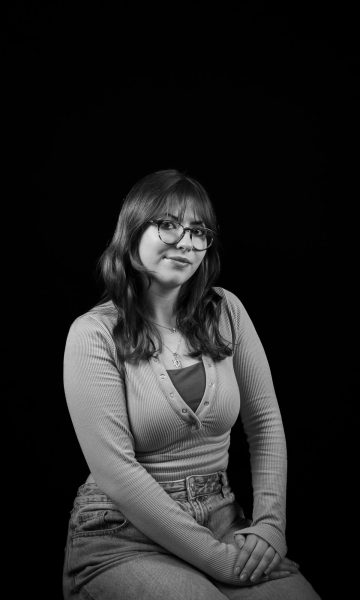Editor’s note: This piece was written in collaboration with Dania Anabtawi from The Student Life. Though the content remains largely unchanged, some minor edits have been made to reflect both papers’ respective style guides.
From the Redwood Forests to the Gulf Stream waters, pro-Palestinian voices are facing backlash and censorship across college campuses.
This continued pattern of censorship and suppression represents a threat to the right to free speech, according to a Nov. 1 article in The Guardian.
With organizations like the Canary Mission in existence, which aim to compile and track pro-Palestinian student activists, many Palestinian, Muslim and/or Arab students are forced to keep quiet and hide their identities for fear of risking their livelihoods, according to a Nov. 22 2018 article in The Intercept.
Zionist organizations often label any speech against Israel as antisemitic as one of their main methods of controlling the conversation, according to a 2015 Jewish Voice for Peace report.
Some Jewish thinkers have argued that the conflation of anti-Zionism and antisemitism is problematic and harmful, according to an April 13 column in The Student Life.
While Zionist Jews often jump on and twist the words of pro-Palestinian speakers in order to claim antisemitism, they often get away with using blatantly racist and Islamophobic rhetoric against Palestinians and others with familial or religious ties to Palestine.
Palestinian students have reported being threatened with violence and harassed with racist messages characterizing all Palestinians as terrorists, according to an Oct. 31 Vox article.
When Zionist Jewish students cry antisemitism, their allegations are taken seriously and result in administrative action; when Palestinian students try to share their experiences with identity-based prejudice, however, they often open themselves up to more harassment and doxxing.
We all come to college expecting to find a diversity of perspectives and opinions, whether it be at UVM or across the 5Cs. Not only are colleges failing Palestinian students, but by suppressing dissent, they are acting counterintuitively to their educational mission for all students.
Recently, UVM administration canceled a talk sponsored by the Will Miller Social Justice Lecture Series where prominent Palestinian poet and journalist Mohammed El-Kurd was supposed to speak due to “safety concerns,” according to an Oct. 23 MYNBC article.
The event was planned months ahead of time and was canceled against the wishes of the events’ sponsors and organizers, according to an Oct. 23 VTDigger article.
Despite UVM’s claim that they didn’t have the resources to ensure the safety of the event in person, they made sure to have plenty of police officers tag along the ensuing protest against the University’s decision.
Over 2,000 people have signed the petition sponsored by the Champlain Valley chapter of the DSA denouncing the event’s cancellation, demonstrating the public’s support for free speech.
Out on the West Coast, 5C presidents have sent out emails in response to the recent events in Palestine and Israel. These emails have vehemently condemned Hamas’ actions and informed students of events being held with the purpose of supporting Jewish students.
UVM students have received similar emails on the subject: none of the emails between the colleges mentioned the words “Palestine” or “Palestinians” despite the fact that thousands of Palestinians had also been killed in that time frame.
However, the events at the Claremont Colleges were intended for Jewish students—such as a vigil held by the McAlister Center for Spiritual Life for the Jewish community at the Claremont Colleges—with no regard for the needs of Palestinian students.
When the Claremont chapter of Students for Justice in Palestine held a vigil and rally and invited the college presidents, campus security was seen in attendance instead. The events that followed continued to disservice Palestinian students.
On Oct. 20, students set up a memorial at the Coop Fountain which was dismantled by the college four days later. On Oct. 27, during Pomona College’s parents weekend, students held a demonstration and set up another memorial. The second memorial was dismantled within hours.
Here on the East Coast, UVM Hillel recently announced a “Grief and Loss Processing Session” partnering with UVM Counseling and Psychiatry services, explicitly focusing on the Israeli lives lost on Oct. 7.
No such counterpart for mental health support exists for students grieving the loss of thousands of Palestinian lives in Gaza, as the Israeli state continues to indiscriminately bomb civilians and “terrorists” alike.
Administrative support for Palestinian students is essentially nonexistent. But when students try to create their own support, they face backlash. Palestinian vigils were politicized and student-run, while vigils for Jewish students were institution-organized and publicized.
Neither Jewish students nor Muslim and/or Arab students are strangers to fearing for their safety due to their identity on campus. The difference is, while Jewish students are given avenues to express their concerns, Middle Eastern students face the threat of doxxing and harassment for doing the same.
UVM and the 5Cs aren’t the only campuses where tensions are boiling over; all over the country, pro-Palestinian student activists are being met with censorship and repression, according to an Oct. 27 article by Democracy Now.
At Princeton, a pro-Palestinian student protestor was assaulted by a staff member, according to an Oct. 31 article in The Daily Princetonian. Students at Columbia University run the risk of being labeled as “Columbia’s Leading Antisemites” by a so-called “doxxing truck,” according to an Oct. 25 Columbia Spectator article.
UVM Students for Justice in Palestine relaunched Oct. 16: it is not affiliated with previous iterations of the club, said an anonymous UVM SJP student leader.
The student leader spoke about censorship and the repression of Palestinian solidarity movements.
“When people think of censorship, they usually think of big authority forcibly silencing speech through legal threats or intimidation and while that certainly is something we’ve seen here, it also takes a much more insidious form on campus too.” they said.
“Sometimes it’s heavy-handed censorship but usually it’s the broader racist atmosphere that dissuades people from speaking out in the first place.”
Although pro-Palestinian activists often face targeting, harassment and even doxxing, they stressed that SJP won’t be deterred.
“We’re aware of the risks but we’re not afraid,” the student leader said. “While we’re always taking countermeasures to threats to us as they emerge in new forms, we are never discouraged.”
They emphasized the importance of learning about the topic as well as getting involved.
“Education is a very powerful thing, not because it’s more important than being out in the street and making your voice heard,” they said. “But because education is what compels you to do that in the first place.”
It is essential to uplift and listen to Palestinian voices on our college campuses. Our colleges should support and allow Palestinian students to express themselves and have agency over the spaces where they grieve.
No student, regardless of their religion or ethnicity, should feel unsafe on campus because of their support for the people of Palestine.
Ayelet Kaminski is a sophomore at the University of Vermont.
Dania Anabtawi is a sophomore at Pomona College.


